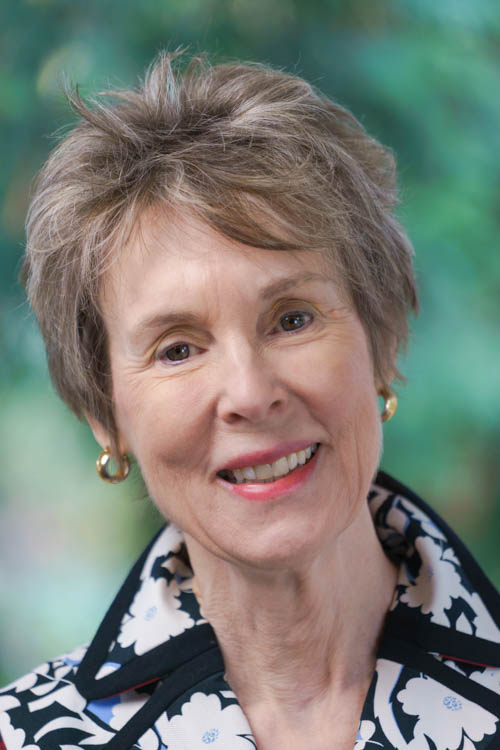
Nan Narboe
Nearing seventy, I felt rushed, even crowded. I still hadn’t figured out my sixties.
I wasn’t young anymore, I knew that, but what was I? And it was a what and not a who question: I knew who I was, that wasn’t the problem. But what is a sixty-year-old, a seventy-year-old, someone truly old? I didn’t know, and finding out felt urgent.
So I turned to books, as I have all my life (one of my clients teases that I only pretend to be a psychotherapist: I am actually a librarian). Reading Donald Hall’s Essays after Eighty, I found: “At some point in my seventies, death stopped being interesting. I no longer checked out ages in obituaries.”
Reading this, I felt relief. I was almost seventy; maybe I, too, would soon stop checking them out. But I was bewildered as well. There was no guarantee that my experience would mirror his.
I began to read everything I could find about aging. Most of the books with “Aging” in their title, I soon discovered, are anti-aging books: ways to slow or even reverse the biological process, ways to look younger. That’s not the information I was after.
I wanted reports from the field. I wanted stories, one-at-a-time accounts of what aging feels like. (Where did my waistline go? My recall?) Ways to think about growing older would help too. Aging is a conceptual problem as well as a constellation of practical concerns. Ideally, I’d find vibrant storytellers willing to tell me how they deal with the changes that aging brings.
The result is Aging: An Apprenticeship.
Happily for me, putting the book together plunked me down in my seventies in a way I never quite landed in my sixties. The reading and writing and thinking about aging that I’ve done has changed me. I still can’t imagine what getting really old will be like. But I now accept that I truly cannot: I am this beginning-to-be-old person now. I see the world as a seventy-year-old. That is a gift — my friend Nancy didn’t live to reach her fifties — and it’s a limitation, one there is no way around. Each age sees what it sees and feels what it feels.
Given enough time, though, I’ll turn into someone else, someone capable of being older still.
Nan Narboe worked as a psychotherapist and trainer for forty years, and has since transitioned into consulting. Based in Portland, Oregon, she currently specializes in working with entrepreneurs and with people deciding what to do with the rest of their lives. The interplay between individual traits, chronological age, and developmental stage has been a lifelong fascination, the best part of which has been watching her daughter grow up. Nan co-founded L’Auberge, a six-course restaurant that presaged the “local food” movement, and Cascade Valley School, a democratic school inspired by the Sudbury model. She launched her writing apprenticeship at forty by attending the feminist workshop, Flight of the Mind, and sold her first piece a mere twenty-eight years later.
You can find more of Nan’s writing at nannarboe.com or The Practice Blog.